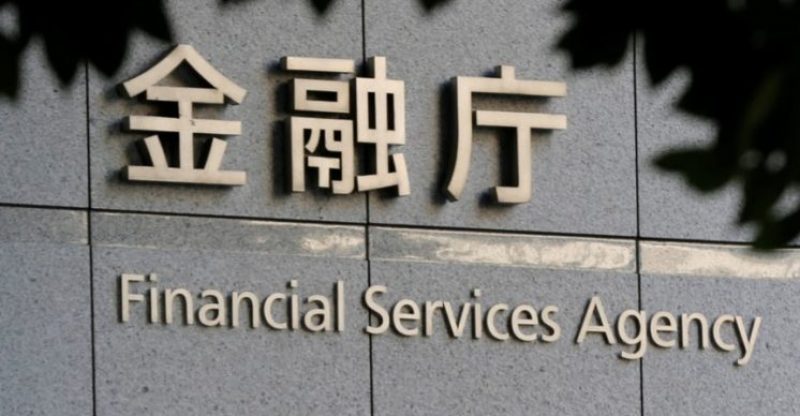Japanese Financial Services Agency Releases Five New Criteria
This week, the Japanese financial regulator released five new criteria which will be imposed on all cryptocurrency exchanges functioning in Japan. These new rules set by the Japanese financial regulator will apply to all current exchange operators, also these apply to the new cryptocurrency exchanges that are currently applying for registration. Before a cryptocurrency exchange is approved by the Japanese financial regulator, they perform On-site inspections.
The Japanese Financial Services Agency (FSA), is a Japanese government body in charge of overseeing banking, insurance, securities, and exchanges. The FSA has published a new set of rules to follow in the process of registration of cryptocurrency exchanges.
An Asian-focused English language publication Nikkei reported that this past Sunday. Nikkei also added that: the agency aims to promote compliance and protect customer assets as well as forestall another digital currency heist like the Coincheck scandal.
Coincheck, is a Tokyo-based cryptocurrency exchange and digital wallet that was founder back in 2014. Coincheck also happens to be one of the largest cryptocurrency exchanges in Japan, however, in January of this year, it was hacked. Coincheck lost up to 58 billion Yen ($531 million) in cryptocurrency NEM. Not long after the hack, a popular online brokerage company called Monex Group has taken possession of the cryptocurrency exchange.
An FSA official made the following statement to Nikkei: Exchange operators registering with the government will now need to satisfy five broad criteria.
Nikkei details the five criteria in their report. The first rule out of the five criteria talks about system management. The news outlet explains that: the agency will ensure that exchanges will not store currency in internet-connected computers and will have to set multiple passwords for currency transfers.
The second rule in the new five criteria is money laundering preventive measures. The criteria states; Exchanges will need to work harder to prevent money laundering through such means as verifying customer identification for large transfers.
Number three on the list published in the management of customer assets. The agency set this new rule to ensure that they are carefully managed separately from exchange assets. As stated by Nikkei, exchange operators will be required to check customer account balances multiple times a day for signs of diversions and have rules in place to keep their officers from using client money or virtual currencies.
The next rule among the five criteria states that there will be new restrictions on the kind of cryptocurrencies listed on exchanges. Nikkei noted that; those granting a high level of anonymity and easily used for money laundering will as a general rule be banned.
Last but not the least, exchanges’ internal procedures must be strengthened. The agency states that; they will need to separate shareholders from management. System development roles will also be separated from asset management roles to keep employees from manipulating the system for their own gain.





